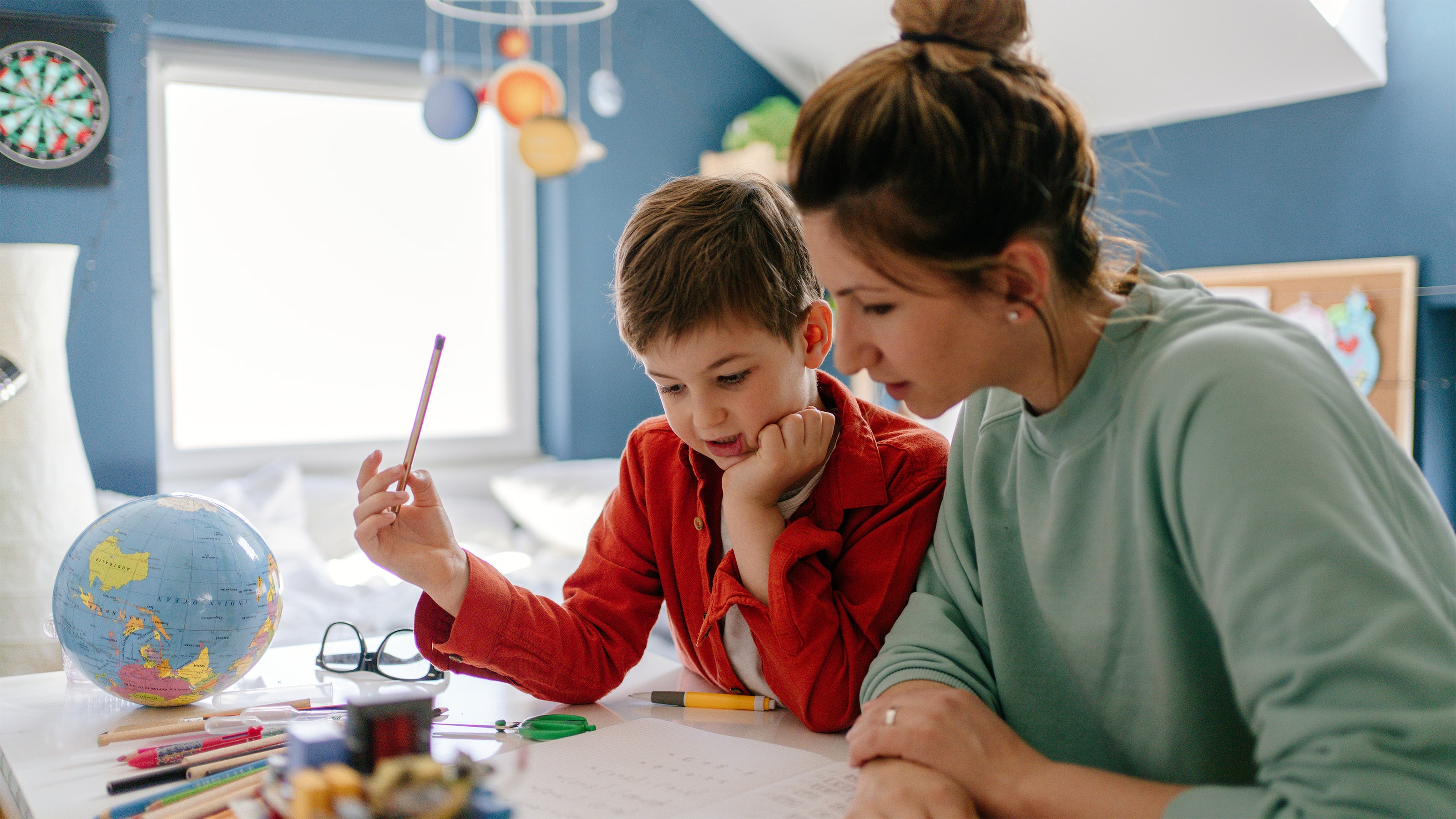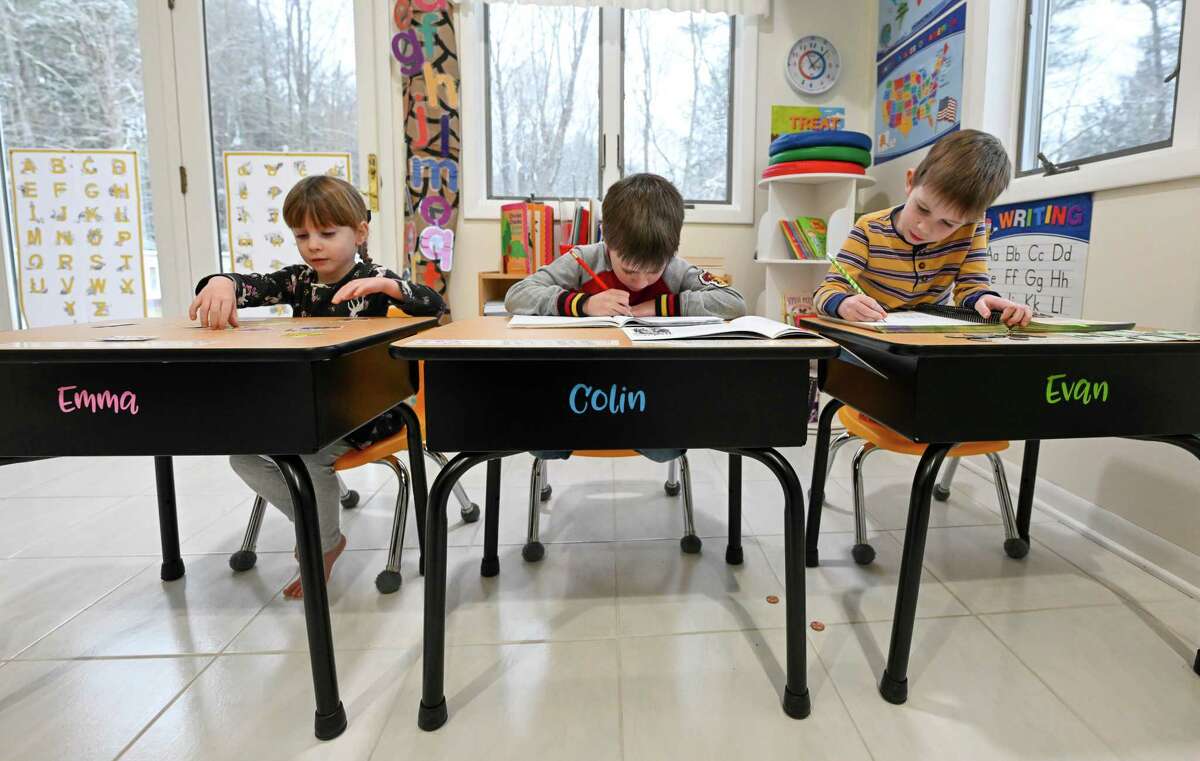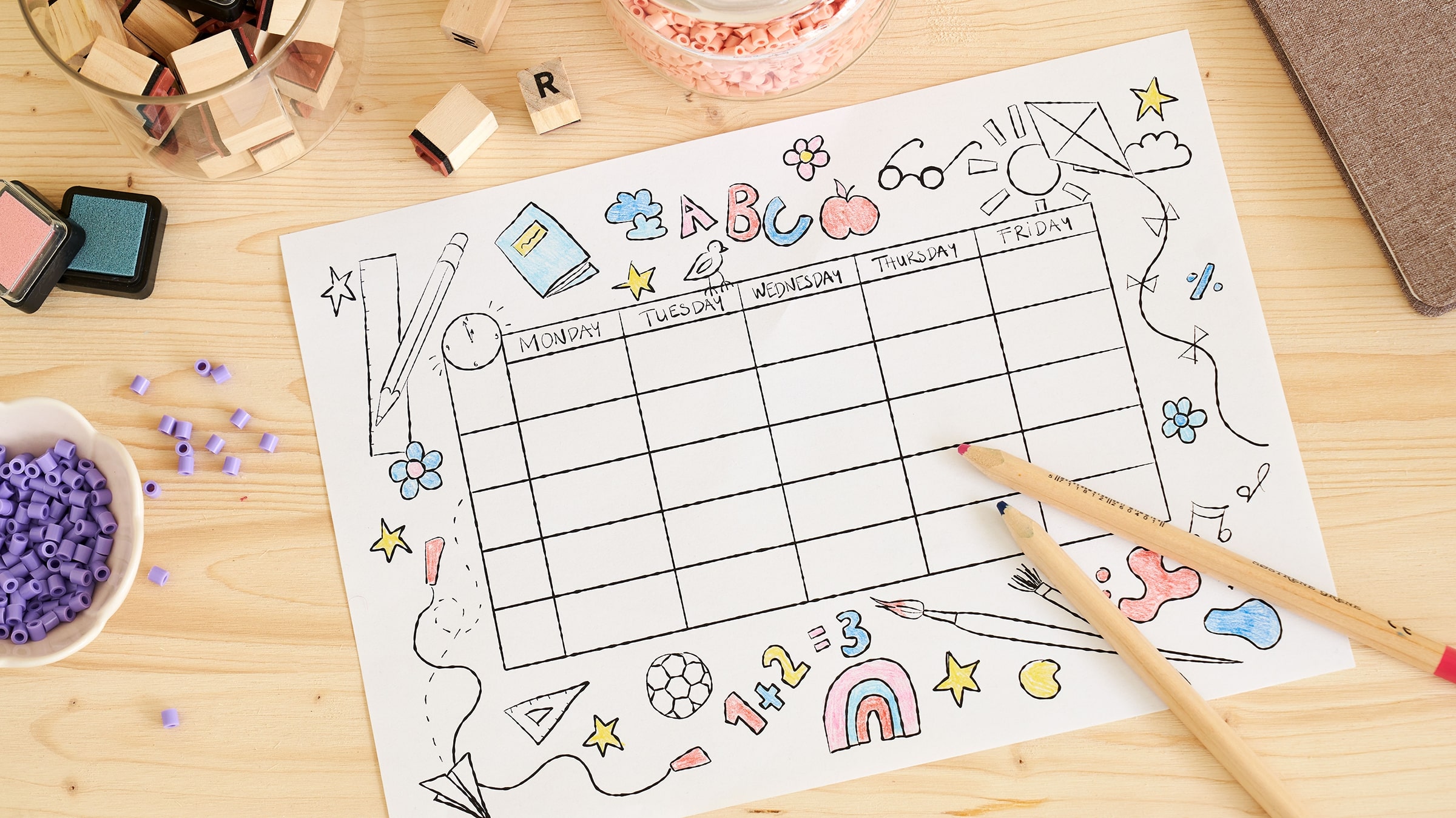
More and more parents are deciding to homeschool their children, especially in the aftermath of the COVID-19 pandemic. This trend in education is one of the rare positive sides of our time spent in the lockdown when millions of us had to turn our dinner tables into classrooms.
So, what exactly constitutes homeschooling?
In this article, we are looking into the many incredible benefits of parent-child tutoring. Let’s start with what homeschooling entails, the legality of teaching your children at home, and why it might help them achieve better results. Then, we’ll jump to prep.
Here’s everything you need to know about homeschooling.
In this article
- The Meaning of Homeschooling
- Is Homeschooling Legal?
- Reasons Why Homeschooling Is a Good Idea for Parents
- How Can Homeschooling Help Children
- Mental Health Benefits
- Better Social Development
- Individualized Learning
- Less Stress and More Achievements
- Supplies You Need for Homeschooling
- How to Create a Homeschooling Curriculum

As you can guess, homeschooling is parent-directed education carried out in the comfort of a child’s home. It involves one-on-one tutoring where a parent takes up a role of a teacher. In families with more than one child, siblings are usually taught together regardless of age.
Homeschooling and mainstream education are mutually exclusive in that children who are tutored at home don’t attend a traditional classroom. Some parents withdraw their children from school, while others never enroll theirs. In many cases, kids are homeschooled until college.
You’re probably wondering – is that even legal?
In the US, homeschooling is completely legal. However, there are specific requirements that parents must fulfill, depending on their home state. For example, some US states require parents to submit reviews and attendance papers and enforce standardized testing.
What about your own degree as a parent-educator?
You can relax because you don’t need one anywhere in the US. The authorities obviously believe in and support parents in their ability to prepare their children for adulthood.

There are many different reasons why parents opt for homeschooling as an alternative to traditional education, but some of them stand out – like flexibility and mental health.
Flexibility has become a buzzword in our modern society, but there is a good reason for this. The so-called age of connectivity allows us to create our own daily routines and set the course for our future trajectories. We are capable, resourceful, and independent.
It’s only natural that we want the same freedom for our kids. Outside the traditional classroom, we are free to customize the learning process to our kid’s abilities, temperaments, and interests but also tailor them to our educational, social, and religious philosophies.
Flexibility is the freedom to choose the best for your kids.
Homeschooling allows parents to protect their children from the principles they do not believe in and remove them from a competitive environment that fosters hostility, anxiety, and poor self-image. Flexible education has been proven to improve a child’s mental health.

There are as many approaches to parenting as there are threes in the forest, but we can all agree on one thing – nothing is more important than our children’s health. Homeschooling has many fantastic benefits, and all of them help us raise better, happier, and healthier kids.
According to the National Center for Education Statistics, one in five students ages 12–18 has been bullied during the school year. The effects of bullying are detrimental and long-lasting, with nearly all victims developing symptoms of anxiety, depression, and low self-esteem.
We should also mention that bullied students perform worse in school than children who have never fallen victim to ridicule and peer pressure. The National Education Association has reported that frequently bullied children score lower in reading, mathematics, and science.
One of the common misconceptions about homeschooling is that it takes children out of the social context, depriving them of an essential developmental aspect. Not true.
On the contrary, according to The National Home Education Research Institute, many homeschooled children score above average in terms of social, emotional, and physiological development. They even develop better self-esteem, peer communication, and leadership skills.
Montessori, Waldorf, Charlotte Mason – your child doesn’t respond to any of these learning models? The beauty of homeschooling is that you can take the best of all these educational philosophies and, together with your child, develop your own custom approach to learning.
Time and time again, individualized learning has helped motivate and empower students of all ages, skill levels, and intellectual needs. And who knows your kid better than you?
A teacher’s permission for self-paced learning is at the heart of every individualized education plan. It’s true that we obtain knowledge differently, but let’s not forget about tempo. Even when they learn in the same way, one student will need more time than the other.
Think about test-taking. The pressure of not being the last one in the class to finish the exam often turns to stress, which becomes a mental block. Students thrive in a pressure-free environment where they can study and complete assignments at their own pace.

Listen, we’re not doing any justice to our children by continuing to describe homeschooling as merely a trend in education. Instead, we should spread awareness and offer support and resources to new parents joining in. The good thing is – homeschool support is better than ever.
So, where should you start preparing? What will you need?
Many online communities offer advice and tips, curriculum ideas, subject overviews, learning materials, and other resources you will need.
Here are a few homeschool programs to help you get started:
- Easy Peasy All-in-One Homeschool
- Power Homeschool
- Abeka Homeschool
- Gather ’Round Homeschool
- BJU Press Homeschool
- Monarch Homeschool
In terms of supplies, you won’t need anything more than you already have. Homeschooling relies on pen and paper less than traditional education because it is more experience-oriented and hands-on – but yes, you’ll need school supplies and a computer.
Keeping your teens away from their phones and screens will possibly be the biggest challenge. For this, we recommend using a parental control app like FamiSafe. It allows you to manage and limit access to social media, online games, and other apps during school hours.

If you’re considering homeschooling as a viable option for the education of your children, you should understand that becoming a parent-tutor means a lot of pre-class prep and commitment, as well as a genuine interest in learning and conveying knowledge. It’s a full-time gig.
Are you excited to go back to school? Here’s what you need:
First, you must consider your child’s age (and the stage of intellectual and mental development) and look up what her peers are studying at school. Even if you disagree with your district’s public school curriculum, you need some help laying out the foundation for yours.
There’s a lot to cover, so start learning. If you want to skip “main” subjects like math, reading, art, science, history, etc., you need to be absolutely sure that this decision won’t have a negative effect on your child’s development. Don’t skip a subject because it is hard to learn.
That’s where the fun part of the learning process starts. While it’s generally not advisable to remove entire subjects from the curriculum, you can, as a parent-tutor, handpick the topics based on their relevance and your child’s interests, as well as topic depth and approach.
Homeschooling is the only truly child-centric type of education. No matter how hard they try, school teachers cannot pay equal attention to every student. Homeschooling is different because it allows us to observe our kids closely and talk to them about the learning process.
While tutoring your children at home, your lectures will heavily rely on the learning materials you’ve found online. As part of the homeschool preparation process, you should learn to recognize a quality online resource when you see it. Always research the source before you use it.
The timetable is the most flexible aspect of homeschooling. Still, don’t forget that kids need structure and that studying itself has a natural progression that requires an organized schedule. Later, you can customize daily schedules around your child’s peak productivity hours.
It’s true that you don’t need to test your kids’ knowledge because you’re observing them closely, but test-taking is still important to them. They need to visualize their progress and see their knowledge gaps – that is a massive part of the learning curve and a huge motivation boost.
We don’t need to tell you that homeschooling is a great sacrifice for every parent. Your free time and your family lifestyle will look drastically different. Still, this is nothing compared to the benefits of raising homeschooled children, not to mention the joy of shared discovery.
